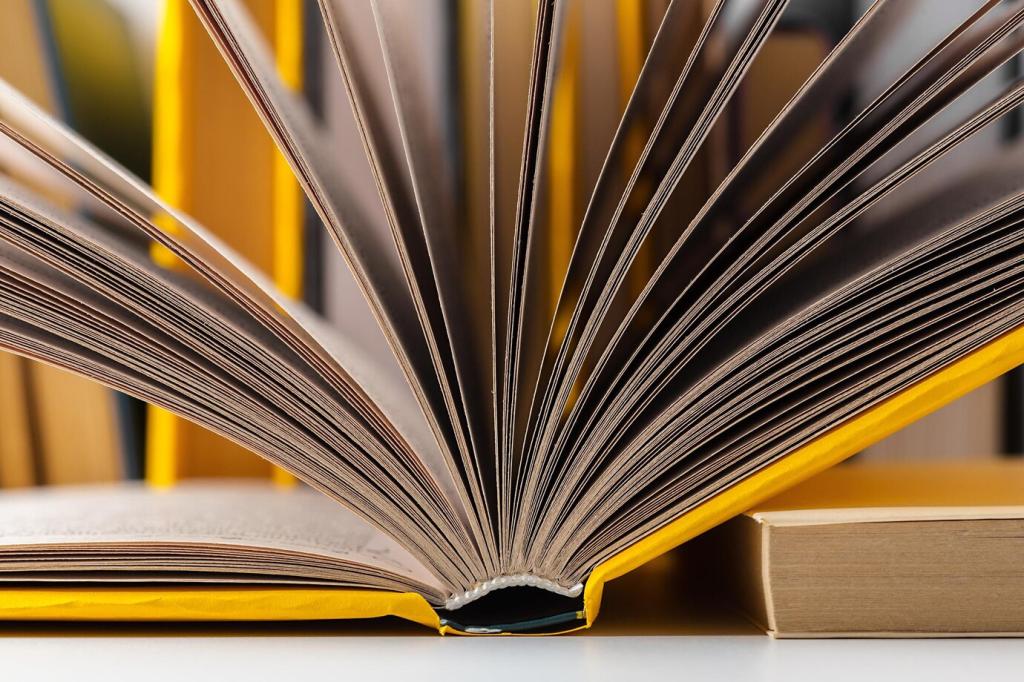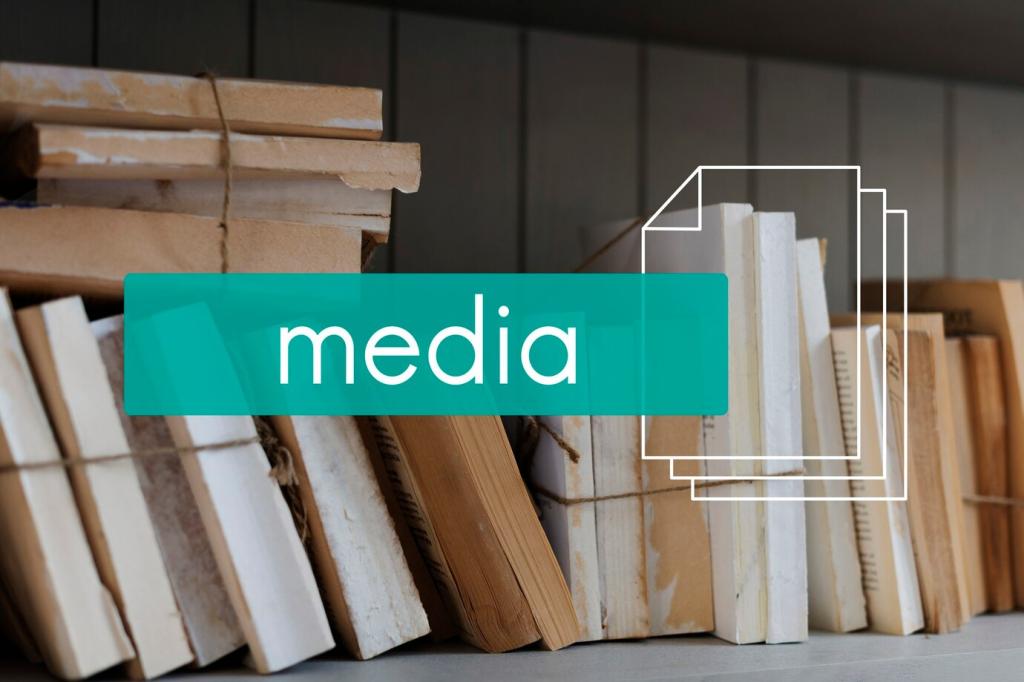Maximizing Research with Encyclopedias: Start Smarter, Discover Deeper
Chosen theme: Maximizing Research with Encyclopedias. Begin your inquiry with clear overviews, trusted facts, and expertly curated pathways. This home page guides you to use encyclopedias as powerful launchpads—then invites you to discuss your methods, swap favorite entries, and subscribe for ongoing research inspiration.

Lay the Groundwork: Encyclopedias as Your Research Compass
General encyclopedias deliver breadth and context; subject-specific references offer depth and precision. Pair Britannica’s panoramic view with the Stanford Encyclopedia of Philosophy’s rigor, or Oxford Reference’s concise clarity, to frame issues, define boundaries, and identify the vocabulary insiders actually use.

Search Like a Pro: Print and Digital Techniques
Master Indexes and Cross-References
In print sets, the general index is gold. Use it to find unexpected subentries, variant spellings, and cross-references that broaden context. Combine the index with article bibliographies, then leap between volumes. Which index saved you from hours of aimless flipping?

Judge What You Read: Credibility, Bias, and Fit

Assess Editorial Policies and Authorship
Check whether articles are peer-reviewed, signed by experts, and periodically updated. Scan contributor bios, editorial guidelines, and citation standards. Favor entries that explain scope and methods. Have you ever emailed an editor or author for clarification? Tell us what you learned.

Triangulate Facts with Multiple Sources
Use encyclopedias to orient, then verify details against primary sources and specialized monographs. Cross-check dates, definitions, and attributions. If three reputable references align, your footing strengthens. Share a moment when triangulating saved your argument from a subtle but serious error.

Spot Scope and Cultural Tilt
Notice whether an entry prioritizes certain regions, eras, or schools of thought. Look for missing perspectives and alternative terminology. Add marginalized viewpoints to your notes and reading plan. What terms helped you uncover voices that a mainstream overview initially overlooked?
Go Beyond the Entry: From Overviews to Deep Dives
Mine Bibliographies and Further Reading
Bibliographies are curated gateways. Extract core texts, recent reviews, and landmark studies. Prioritize items appearing across multiple entries. Check availability through your library and open-access portals. Comment with one bibliography that opened an entirely new corridor in your research.
Citation Chaining and Backward Discovery
Follow references backward to foundational works, then forward using citation indexes to find current debates. Note how terminology shifts across decades. Build a mini-timeline of ideas. Have you traced one claim from a short entry to a definitive source? Share that thread.
Formulate Sharp Questions and Hypotheses
After reading, write a question that is specific, arguable, and researchable. Draft a hypothesis, list assumptions, and identify disconfirming evidence to seek. Post your best question below—others may suggest sources, counterexamples, or a tighter focus.

Zettelkasten and Atomic Notes
Turn paragraphs into atomic notes with one idea, a clear title, and permanent links to related notes. Tag each with topic, time period, and method. Add your own words, not just quotations. How do you ensure notes spark new questions later?
Color and Symbols for Faster Retrieval
Assign colors for definitions, dates, and disputes; add symbols for hypotheses and open questions. This visual grammar speeds scanning and recall. Snap a photo of your legend and share what each color or icon means in your system.
From Extracts to Insights
Don’t stop at copying lines. Paraphrase in your voice, connect to prior reading, and write a two-sentence takeaway. End with a next action. Which sentence starters help you move from summary to insight quickly and consistently?

Stories from the Stacks: Real Wins with Encyclopedias
A Student Turns Confusion into Clarity
Maya faced a sprawling topic on climate policy. One encyclopedia entry narrowed it to carbon pricing mechanisms, spotlighting key regions and economists. With targeted keywords, she built a reading list in hours, not weeks, and aced her literature review.
A Reporter Meets a Deadline Without Compromising Accuracy
Rushing to explain a breaking court decision, Theo used a legal encyclopedia to verify definitions and historical context. Clear scope notes prevented overreach, and a concise bibliography pointed him to two authoritative primers. His editor praised both speed and precision.
A Genealogist Opens a Door to Family History
Elena hit a wall tracing her great-grandfather’s migration. A historical encyclopedia entry on regional labor flows revealed seasonal routes and ship registries. Those clues unlocked passenger lists and newspapers, turning a family legend into a documented journey.
Join the Conversation: Learn, Share, and Stay Curious
Which encyclopedia entries changed your understanding of a topic? Drop titles, editions, and why they mattered. Your recommendations help others skip the noise and land on reliable, inspiring overviews faster.
Join the Conversation: Learn, Share, and Stay Curious
Post a snapshot or typed excerpt of a note you wish you had years earlier. Explain how it shaped your next search, question, or argument. Practical, messy, human notes are welcome here.
Join the Conversation: Learn, Share, and Stay Curious
Subscribe to receive monthly prompts, technique breakdowns, and annotated walkthroughs of encyclopedia-driven research. Expect checklists, live Q&A invites, and community-curated reading paths. Bring a friend who loves learning, and let’s build momentum together.
